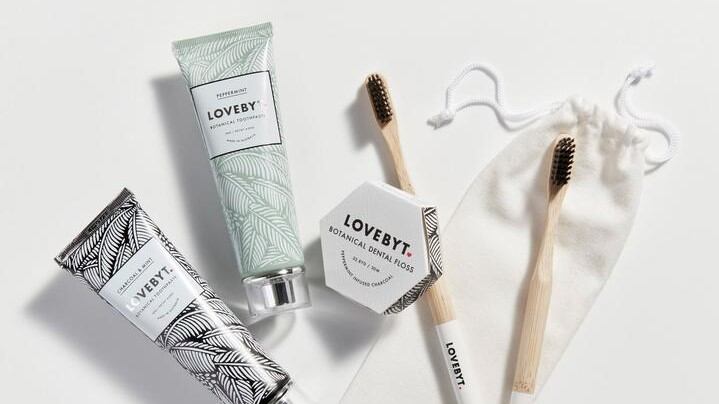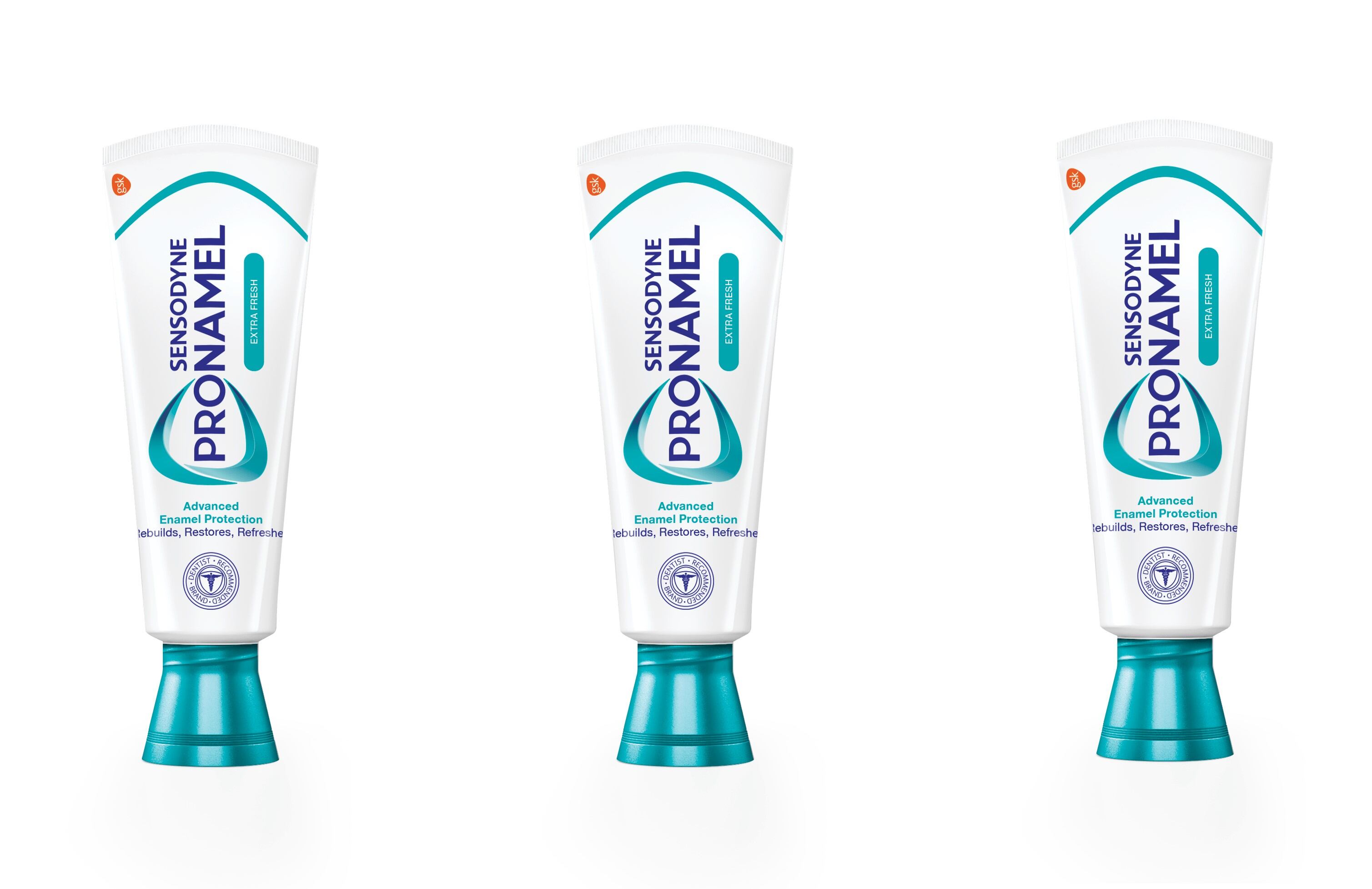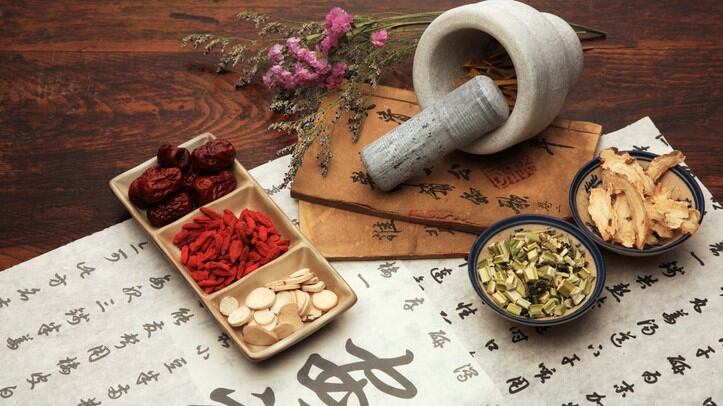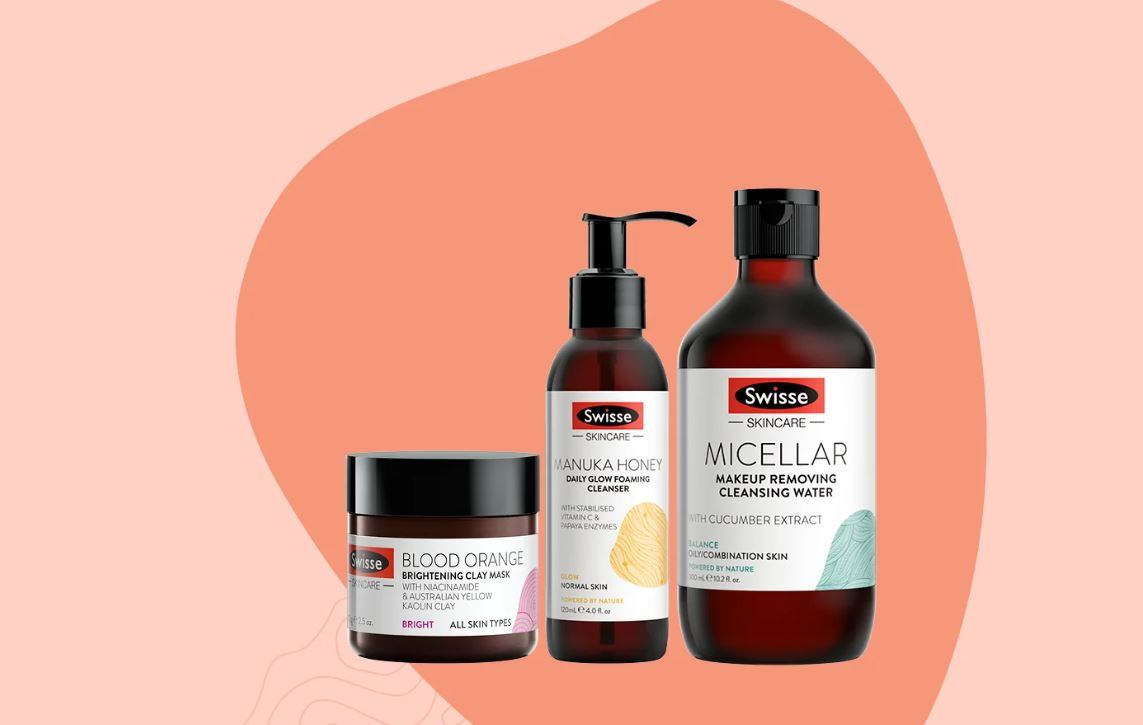Launched in 2018, Lovebyt is an Australian brand founded by Tash Scutts, a former fashion buyer who saw a need for natural oral care solutions in a market largely dominated by major household names.
“There was a fast-growing trend of people taking more consideration into what they consume and put on their faces. We saw it in food and skin care, but oral care was not at that stage. People still had faith in the big toothpaste manufacturers they didn't really think about what they were putting into their mouths.”
While there were alternative and natural oral care solutions mushrooming in the market, Scutt said the formulations lacked sophistication.
“There was natural toothpaste available, but they were probably a bit hippie and didn’t taste nice and or foam, which I’ve learnt is very important because it’s the satisfying part of the whole routine.”
Lovebyt launched with three vegan toothpaste developed with natural ingredients such as charcoal, tea tree, clove oil and cinnamon.
According to the brand, one tube, which costs A$19.95 (U$15.50) can last roughly three months, as the formula is denser, reducing the amount needed on the toothbrush.
‘A beauty and wellness product’
Scutts told CosmeticsDesign-Asia that the brand capitalised on the growing convergence between health, wellness and beauty to grow the business and the brand.
“I didn’t plan for my brand to be a ‘supermarket brand’. I planned to position my product to be in beauty stores. As you can see, we are definitely a beauty and wellness product and I had always planned for the brand to be stock in shops like Mecca or Sephora,” she said.
Since its launch, the brand has been building up its local retail presence, opting to partner with multi-brand lifestyle boutiques, as well as dental clinics and beauty salons.
Scutt said she saw an opportunity to sell her products outside the traditional doorways for oral care, such as drugstores.
“Retailers like multi-brand stores are definitely diversifying their category mix. You can pick up toothpaste in the same place that sells clothes, candles and cookbooks. There's such a fantastic opportunity for our us niche brands to be able to sell outside of the traditional doorways of a supermarket or a chemist.”
Aside from its home market, it is also available in Japan and Singapore. The brand will soon be available in the US via Amazon by the end of the year and is aiming to enter China by 2022.
The company has since expanded its range to include a botanical mouthwash, sustainable dental floss and bamboo toothbrushes.
According to Research and Markets, the demand for organic and natural oral hygiene products is projected to drive the market to reach a value of U$48.4bn by 2025.
In the last two years, Scutt has observed more natural oral care brands in the market and expects the major brands to jump in on the trend, further expanding the choices available to consumers.
Scutt added that she was not worried about the brand’s future in a crowded natural oral care market.
“Am I worried? No. At the end of the day, if the big brands are getting on board, that means there’s a market for [natural oral care]. Even if the big brands do join this space, we’re a few steps ahead of them in terms of trends because we are probably a lot closer to our customers than they are.”





